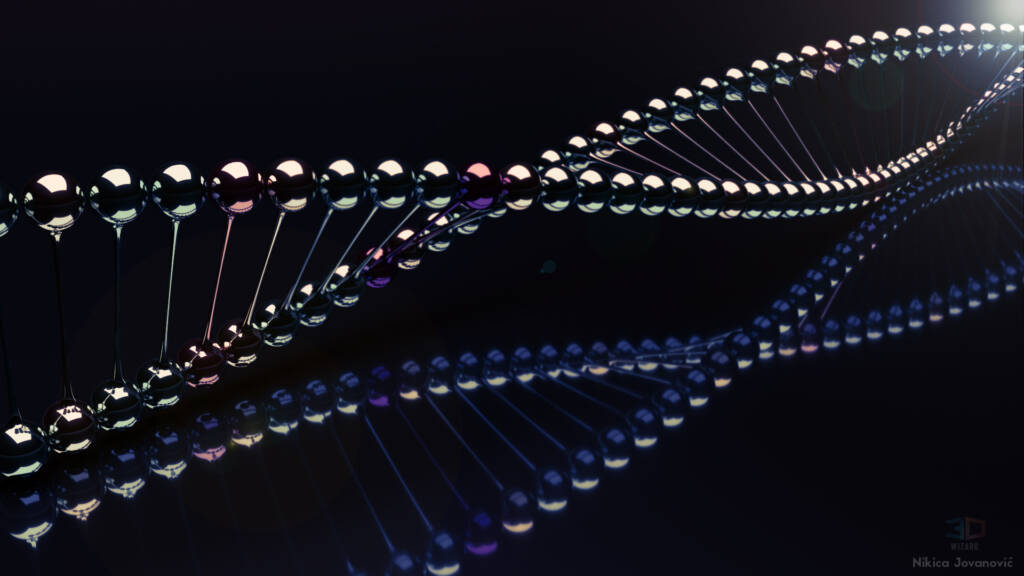Varicose veins affect 23% of people in the United States, so many people wonder if they are hereditary. The prevalence of varicose veins has many contributing factors, and genetics are one of them. The risk of developing varicose veins is higher if a close family member also has varicose veins, confirming a relationship between hereditary factors and varicose veins.
Varicose Vein Development Contributing Factors
Varicose veins are passed down in families, but although genetics play a role in whether you’ll develop varicose veins, there are other factors that can contribute to them. Below are other contributing factors:
- Gender: Varicose veins are more common in women than men
- Age: Varicose veins are more common in older people
- Weight: People that are overweight are more prone to developing varicose veins.
- Exercise: Varicose veins are more common in people that don’t regularly exercise.
What to Do If You’re At Risk
If varicose veins run in your family, and you’re at risk for developing them, there are certain measures you can take to lower the risk, including getting regular exercise, eating healthier and reducing sodium consumption, wearing compression stockings, and avoiding restrictive clothing.
If you think you are at risk for developing varicose veins, see these recommendations for preventing varicose veins.
Seeing Symptoms of Varicose Veins?
Aside form the unsightly appearance of varicose veins, there may be some painful side effects of varicose vein development including:
- Sensation of heaviness in the legs
- Worsening pain with cramping and aches
- Burning, and itchiness in the legs
- Swelling in the legs, ankles, and feet
- Skin ulcers
- Changes in skin color and texture
If you’re experiencing any of these symptoms, it’s important to consult a doctor.
If you are interested in learning more about varicose veins and how they can be treated, contact Palisades Vein Center today at (845) 362-5200.

